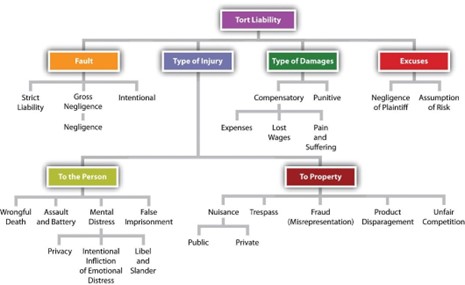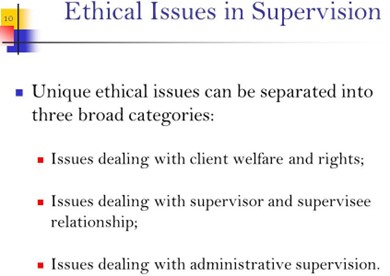A registered nurse cares for an older adult patient admitted for the treatment of depression. The health care provider prescribes an antianxiety medication today, but the dose is more than the usual adult dose. The nurse should:
Select one:
give the usual geriatric dosage as per guidelines
give the medication and consult the health care provider:
consult a drug reference manual before administer the medication
hold the medication and consult the health care provider.
The Correct Answer is D
If the nurse has concerns about the prescribed dose of an antianxiety medication being higher than the usual adult dose, they should hold the medication and consult with the health care provider before administering it. This will allow the health care provider to review the prescription and make any necessary adjustments to ensure the safety and well-being of the patient.
Nursing Test Bank
Naxlex Comprehensive Predictor Exams
Related Questions
Correct Answer is C
Explanation
False imprisonment is the unlawful restraint of a person against their will. In this situation, the nurse’s actions of placing the client in seclusion overnight because the unit is short-staffed and the client frequently fights with other clients may be considered false imprisonment if the client did not consent to being placed in seclusion and if there were no legal grounds for doing so.
Option a. Invasion of privacy refers to the violation of a person’s right to privacy.
Option b. Battery refers to the intentional and harmful or offensive touching of another person without their consent.
Option d. Assault refers to the intentional act of causing another person to fear immediate harm or offensive contact.

Correct Answer is D
Explanation
The ethical principle of justice refers to the fair and equal treatment of all individuals. In this situation, the nurse is concerned about whether the team is behaving ethically by using different approaches to prevent self-mutilation in two patients. The nurse is questioning whether the team is treating both patients fairly and equally.
Option a. Veracity refers to the principle of truth-telling and honesty.
Option b. non-maleficence refers to the principle of doing no harm.
Option c. Autonomy refers to the principle of respecting an individual’s right to make their own decisions.

Whether you are a student looking to ace your exams or a practicing nurse seeking to enhance your expertise , our nursing education contents will empower you with the confidence and competence to make a difference in the lives of patients and become a respected leader in the healthcare field.
Visit Naxlex, invest in your future and unlock endless possibilities with our unparalleled nursing education contents today
Report Wrong Answer on the Current Question
Do you disagree with the answer? If yes, what is your expected answer? Explain.
Kindly be descriptive with the issue you are facing.
